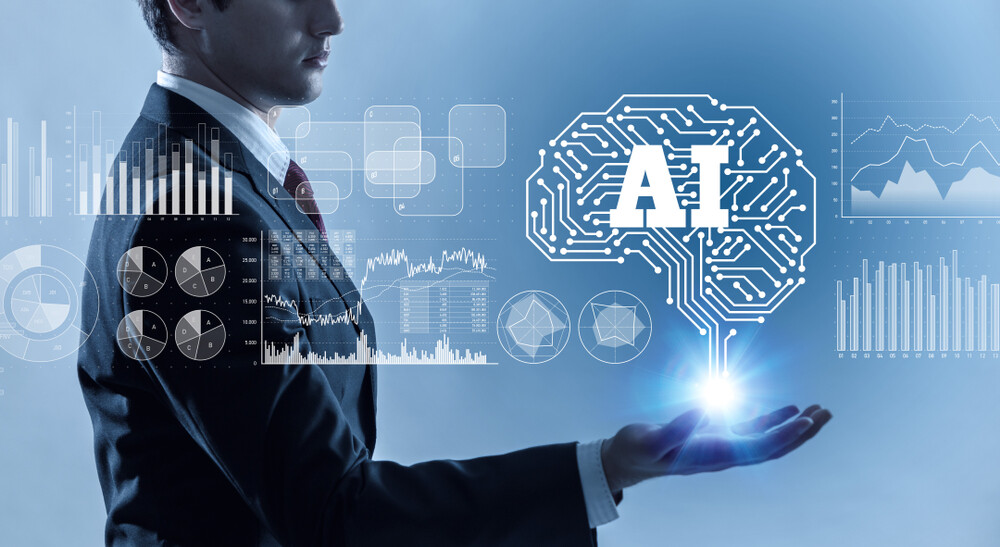AI Marketing Optimization
technical
AI marketing, or artificial intelligence marketing, refers to the use of artificial intelligence technologies, such as machine learning algorithms, natural language processing, and data analytics, to analyze consumer behavior, predict preferences, personalize content, optimize campaigns, and automate repetitive tasks in marketing processes. AI enables marketers to gain deeper insights into their target audience, create more effective and personalized marketing strategies, improve customer experiences, and achieve better ROI (Return on Investment) on their marketing efforts. Examples of AI marketing applications include recommendation engines, predictive analytics, chat bots, and automated email marketing campaigns.
Some Key Points that Explain AI Marketing:
- Data Analysis: AI enables marketers to analyze vast amounts of data from various sources, including customer interactions, social media, and website traffic, to uncover valuable insights about consumer behavior and preferences.
- Personalization: AI algorithms can segment audiences based on demographics, behaviour, and interests, allowing marketers to deliver personalized content, product recommendations, and offers to individual customers.
- Predictive Analytics: By leveraging machine learning algorithms, AI can predict future trends, customer churn, and buying behaviour, empowering marketers to anticipate market changes and adjust their strategies accordingly.
- Automation: AI automates repetitive tasks such as data entry, content creation, email marketing, and customer support, freeing up marketers’ time to focus on more strategic activities and creative initiatives.
- Optimization: AI tools optimize marketing campaigns by continuously testing and refining elements such as ad creative’s, messaging, targeting criteria, and timing to maximize engagement and conversions.
- Chat bots and Virtual Assistants: AI-powered chat bots and virtual assistants provide instant customer support, answer inquiries, and guide users through the sales funnel, enhancing the overall customer experience and driving conversions.
- Content Creation: AI technologies, such as natural language generation (NLG), can generate content at scale, including product descriptions, blog posts, and social media captions, helping marketers maintain a consistent presence across multiple channels.
- Customer Insights: AI analyzes customer feedback, sentiment data, and social media mentions to extract actionable insights, enabling marketers to understand customer sentiment, address concerns, and tailor their messaging accordingly.
- ROI Optimization: AI helps marketers allocate their budget more effectively by identifying the most profitable channels, optimizing bidding strategies, and attributing conversions accurately, leading to improved return on investment (ROI).
- Continuous Learning: AI systems learn and adapt over time based on new data and feedback, allowing marketers to stay agile and responsive in a rapidly evolving market landscape.
Posted by: tec-mahi, https://www.tecmahi.com on 10 January 2024.